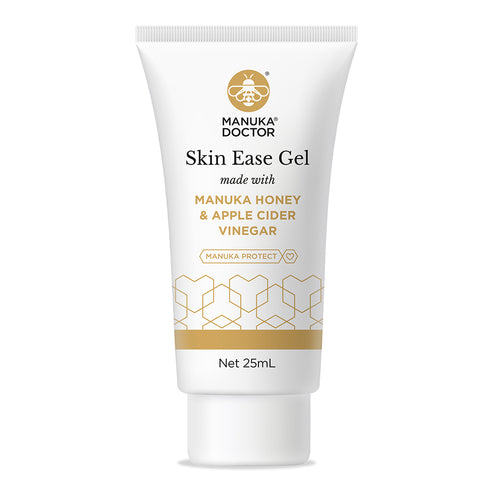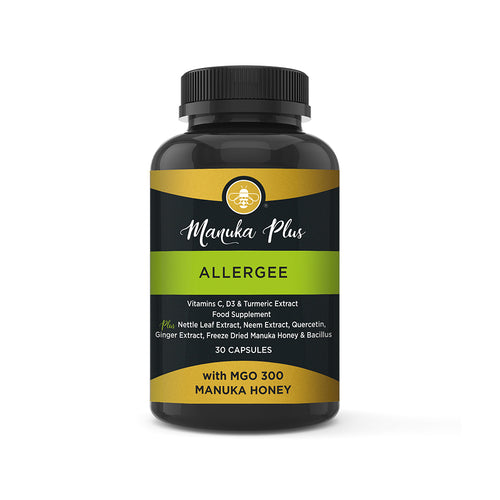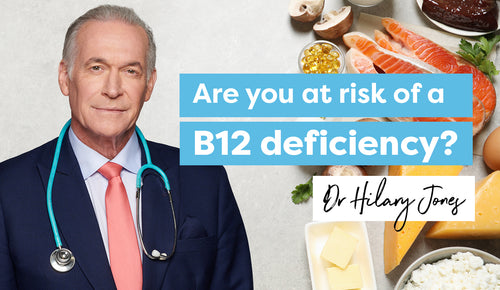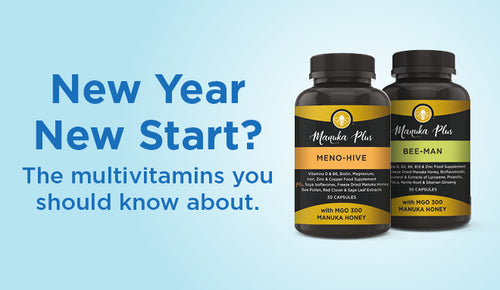Healthy Ageing
Healthy Ageing: Achieve your Weight Loss Goals
Joints Health & Ageing: 5 Top Tips
Doctor Hilary Jones’ tips to reduce brain decline
Healthy Ageing: Beat Tiredness & Low Energy
Healthy Ageing: The Best Menopause Supplement
Healthy Ageing: Improving Men's Health & Vitality
Collagen, Healthy Ageing, Menopause
How to Care for your Skin and Hair after the Menopause
Digestive Health, Healthy Ageing















